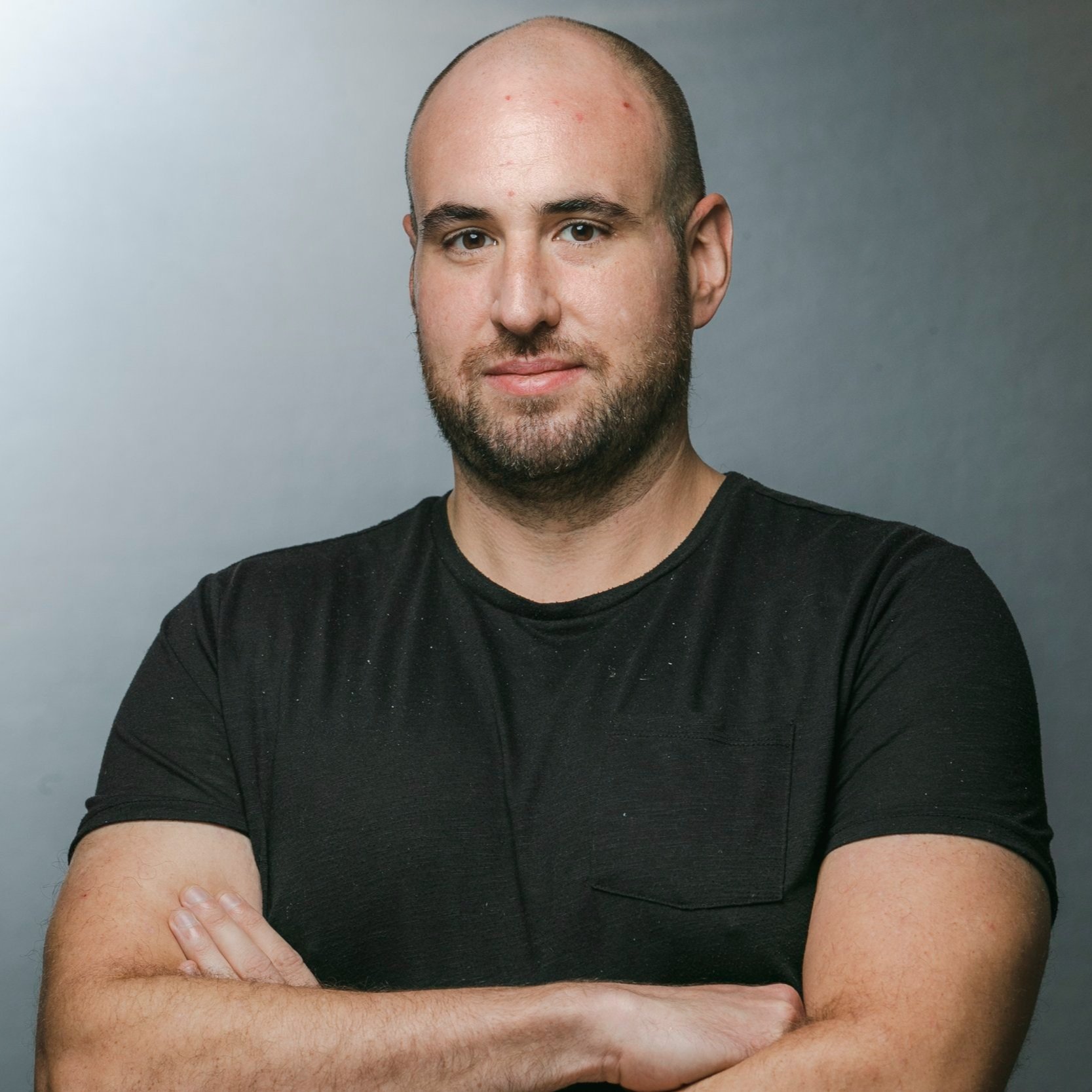Recent Research Breakthroughs
Read about some of the latest discoveries in Huntington's disease, made possible by funding from the Hereditary Disease Foundation.
Rivka Dikstein, PhD, Weizmann Institute of Science, Rehovot, Israel, funded with an HDF research grant in 2019, published work in February of 2024 showing that drugs her team identified could be taken orally to selectively lower expanded huntingtin and improve HD symptoms in mice that model HD. This could advance current approaches in clinical trials that use oral drugs to lower both copies of huntingtin. Read press release here.
Carolina Gubert, PhD, The Florey Institute of Neuroscience and Mental Health/University of Melbourne, Australia, who received an HDF postdoctoral fellowship in 2021, published findings in February of 2024 that dietary changes can improve behavior, thinking, and gastrointestinal function of mice that model HD. By increasing dietary fiber, HD mice had many improvements. This work suggests small, daily changes that focus on overall health could improve healthspan for those living with HD. Read article here.
Andrew S. Yoo, PhD, Washington University School of Medicine, St. Louis, MO, funded in 2021 with an HDF research grant, published work in December of 2023 that identified a molecule that can help improve cellular waste disposal in brain cells from people with HD. In HD, cellular waste builds up and can clog up cellular functions. Finding ways to clear cellular waste can improve overall brain cell health, keep brain cells healthier longer, and possibly prevent them from dying. Read article here.
James Mackay, PhD, University of British Columbia, Vancouver, Canada, a 2021 HDF postdoctoral fellowship recipient, published work in March of 2024 examining how HD affects electrical firing between different brain regions. Changes in these electrical signals could contribute to imbalances at the synapse - the tiny space between neurons where brain cells communicate with one another. This could help us better understand several ongoing clinical trials that are focused on HD-related changes at the synapse. Read article here.
Terence Gall-Duncan, PhD, The Hospital for Sick Children (SickKids), Toronto, Ontario, Canada, who received an HDF postdoctoral fellowship in 2022, published his work in October of 2023 that identified a molecule responsible for adding CAG repeats over time to the huntingtin gene, a process called somatic expansion. Gaining control of molecules responsible for somatic expansion holds promise for slowing or stopping symptoms of HD. Read article here.
Click here to learn about our currently funded research projects.





